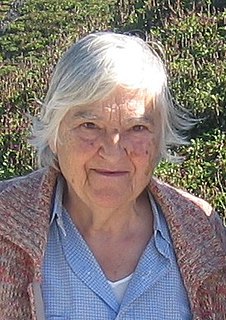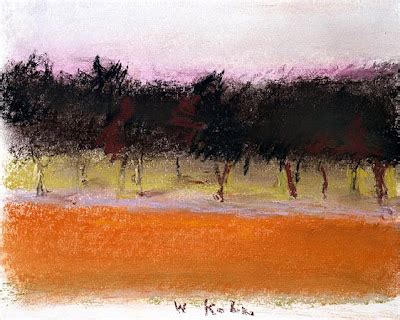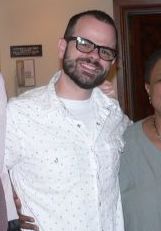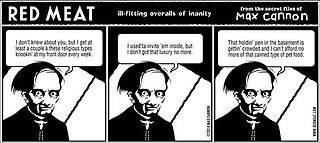A Quote by Henri Matisse
Related Quotes
You have bits of canvas that are unpainted and you have these thick stretcher bars. So you see that a painting is an object; that it's not a window into something - you're not looking at a landscape, you're not looking at a portrait, but you're looking at a painting. It's basically: A painting is a painting is a painting. And it's what Frank Stella said famously: What you see is what you see.
When I am in a painting, I'm not aware of what I'm doing. It is only after a sort of 'get acquainted' period that I see what I have been about. I have no fears about making changes, destroying the image, etc, because the painting has a life of its own. I try to let it come through. It is only when I lose contact with the painting that the result is a mess. Otherwise there is pure harmony, an easy give and take, and the painting comes out well.
Like commercial stuff is sort of cheap and disposable and fun and can be sort of interesting in many ways. I love being in popular culture and existing in the evolution of popular culture. But it's so different from painting, and it's so different from that sort of slow, contemplative, gradual process that painting is.
Painting is an illusion, a piece of magic, so what you see is not what you see. I don't know what a painting is; who knows what sets off even the desire to paint? It might be things, thoughts, a memory, sensations, which have nothing to do directly with painting itself. They can come from anything and anywhere.
I am definitely questioning the atonement and trying to discover how we can see it in a different way. We've got this image of God who needs some sort of flesh, some sort of blood, that needs some sort of vengeance to pay for sin. My experience of a loving God who's asked me to love my enemies - this isn't a God that demands something before you are accepted. I think Jesus died because Jesus was inclusive. God is inclusive. I think that the idea of God somehow being separated from us was more man's idea.







































